 (Part IV of the Tea series, follows Stewing)
(Part IV of the Tea series, follows Stewing)
“Where are you taking me?” Sarah asked. She was in the front passenger seat of David’s car, one of his neckties forming a blindfold. She could have peeked around the edges – the knot at the back of her head wasn’t that tight – but her boyfriend had really wanted to surprise her, and she hated to ruin his fun.
“You’ll see,” he said, laughter coloring his tone. “Just be patient a little longer.”
“Just promise wherever we’re going has food,” she responded. “I’m starving.”
David didn’t answer.
The car kept going, with David humming lightly as he drove. Sarah could tell they weren’t in town any more – there hadn’t been any stops for traffic lights in quite a while – but she wasn’t sure which direction they’d been going. She’d have to trust him.
Just as she was taking a breath, preparing to ask how much longer they’d be driving, David stopped humming. The car turned off the pavement and onto a gravelly surface, finally rolling to a stop. “Okay,” he said. “We’re here.”
Sarah removed her blindfold. “The Japanese gardens?” she queried, reading the sign in front of their car. “I thought we were going for a late lunch. As far as I know, they don’t serve lunch here.”
“Trust me,” David suggested his tone warm with affection. He turned off the car, removed the keys and got out, moving around to open her door. “Please, Sar?”
She slid out of the car, glad she’d listened to his wardrobe suggestion. Her nautical-stripe sweater, khaki crop pants and navy espadrilles weren’t the most fashionable of outfits, but they made her feel neat and crisp, and she’d be comfortable even in the cool breeze that always seemed to linger along the river walk.
“I do trust you,” she said.
“Good.” He offered his arm, and she took it. “This way.”
Together, Sarah and David walked down the wide ramp that twisted and turned through the blossoming cherry trees. They paused on the little bridge that crossed the koi pond, laughing at the hopeful fish crowding to the surface. “We should buy some food for them,” Sarah said.
David grinned. “Right, because clearly they’re emaciated.” But he fished a couple of quarters from his pocket – he’d also worn khaki pants, Sarah notice – a change from his more typical weekend choice of jeans – and waited for the cup of fish-food to drop from the vending machine affixed to the far end of the bridge.
“Here…”
He held the cup and she pinched up some of the food, casting it into the water, and the fish waiting in it. “They remind me a little of hungry puppies.”
“All animals are adorable when they’re begging for food,” David joked. “It’s a rule.”
Sarah laughed. “I think it must be.”
When the cup was empty, they continued their walk, down the stairs of the terraced hillside, to the lantern-lined sidewalk along the riverbank.
“You alright?” David asked, when Sarah paused for no apparent reason.
“Fine…” she said. “Except… do you hear music?”
He made a show of listening. “Sounds like pan-flutes,” he said. “I think they’re coming from over that way.” He pointed in the direction of the gazebo that sat on the water-side of the walk, at the top of a curve. “Let’s find out?”
Sarah decided she was never going to get the lunch she’d been promised, and simply agreed with him, “Sure. Why not?”
Hand in hand, they kept walking, following the curving path along the water until they reached the gazebo, where, instead of the empty space Sarah had been expecting, there were paper lanterns and a trio of people playing different wind instruments.
“I don’t remember anyone advertising a musical event here,” Sarah said.
“They didn’t,” David answered. “Come with me.”
Gently, he led her up the steps and into the octagonal building, where a single, set table and two chairs were waiting for them.
Against one wall was a man in a chef’s uniform working on a portable outdoor stove. “Ah, you’ve arrived,” the dapper man said, turning to greet them. “Please sit. Lunch is almost ready.”
Sarah dropped into the chair David had pulled out for her, taking in the bouquet of daisies in a glass vase, and the vaguely tea-pot shaped item sitting on a trivet and covered by a quilted cozy. “You arranged this? For me?”
“No,” David corrected. “I arranged this for us.” He lifted the cozy from the pot and set it aside. “Shall I pour?”
Over hot tea and plates of seared beef, salmon and yellowtail sashimi, steamed rice, and cucumber salad, the couple engaged in their usual banter.
“I’ve always thought these gardens would be the perfect setting for a wedding,” Sarah said as they finished their meal.
“They have an events coordinator for things like that,” David explained. “My friend Ryo and his wife were considering it, but then her parents insisted they do a church ceremony instead, and since they were paying…”
“I guess that makes a difference,” Sarah agreed. “But still…”
The chef interrupted them long enough to clear their dishes and deliver two glasses and an open bottle of champagne.
“Personally,” David said, after they’d been left alone once more, “I’ve always imagined this as the perfect location for a proposal.” He didn’t leave his chair to kneel in front of her, but he did remove a small, black box from his pocket and place it in front of her.
“David?” She could feel her lips curving into a goofy smile, could tell that her cheeks had gone hot and pink.
“Sarah, ever since we ran into each other at the café on that day, I’ve felt like there was something stirring inside me – ”
” – inside me too – ” she interrupted.
” – and ever since you moved in, I’ve been thinking, ‘this is what life is supposed to be. Two people sharing a home and a life… fighting over their favorite sections of the newspaper, taking turns cooking dinner or making tea…” Sarah heard his voice go choky as he trailed off.
“Oh… David…”
He swallowed reflexively, and opened the box. Inside was a tea-bag, but instead of the usual paper tab, the end of the string was affixed to a delicate gold ring with a diamond that was the perfect proportion for Sarah’s slender fingers.
“Will you marry me, Sarah?”
She lifted the ring from the box, and tugged slightly. The string fell away, and she turned the piece of jewelry in her hands, holding it up to the light to catch the reflections. “Put it on for me?” she requested offering it back.
David held the ring, poised over her left ring finger. “Is that a yes?” he asked, his tone equal measures of wry uncertainty and tenderness.
“It’s an ‘absolutely,'” Sarah said. “I love you. I love the live we’ve been building together. This just… this feels like everything’s settling into exactly the places they’re supposed to be.”
Each of them half-rising from their chairs, they leaned over the table to seal their engagement with a kiss that only ended when the chef and the wind players applauded.
Laughing, Sarah and David returned to their chairs, and David poured the champagne into their waiting glasses. “I love you too, Sar,” he said, lifting his glass to salute her. “You’re my best friend, and my muse.”
“And flattery will get you everywhere,” she teased.
They carried their glasses to the part of the gazebo that looked over the water, and as the sun set, and the lanterns began to glow softly in the darkening sky, they held each other, and exchanged whispered dreams for their future.
About the author: Melissa A. Bartell
 Melissa is a writer, voice actor, podcaster, itinerant musician, voracious reader, and collector of hats and rescue dogs. She is the author of The Bathtub Mermaid: Tales from the Holiday Tub. You can learn more about her on her blog, or connect with her on on Facebook, Instagram, or Twitter.
Melissa is a writer, voice actor, podcaster, itinerant musician, voracious reader, and collector of hats and rescue dogs. She is the author of The Bathtub Mermaid: Tales from the Holiday Tub. You can learn more about her on her blog, or connect with her on on Facebook, Instagram, or Twitter.
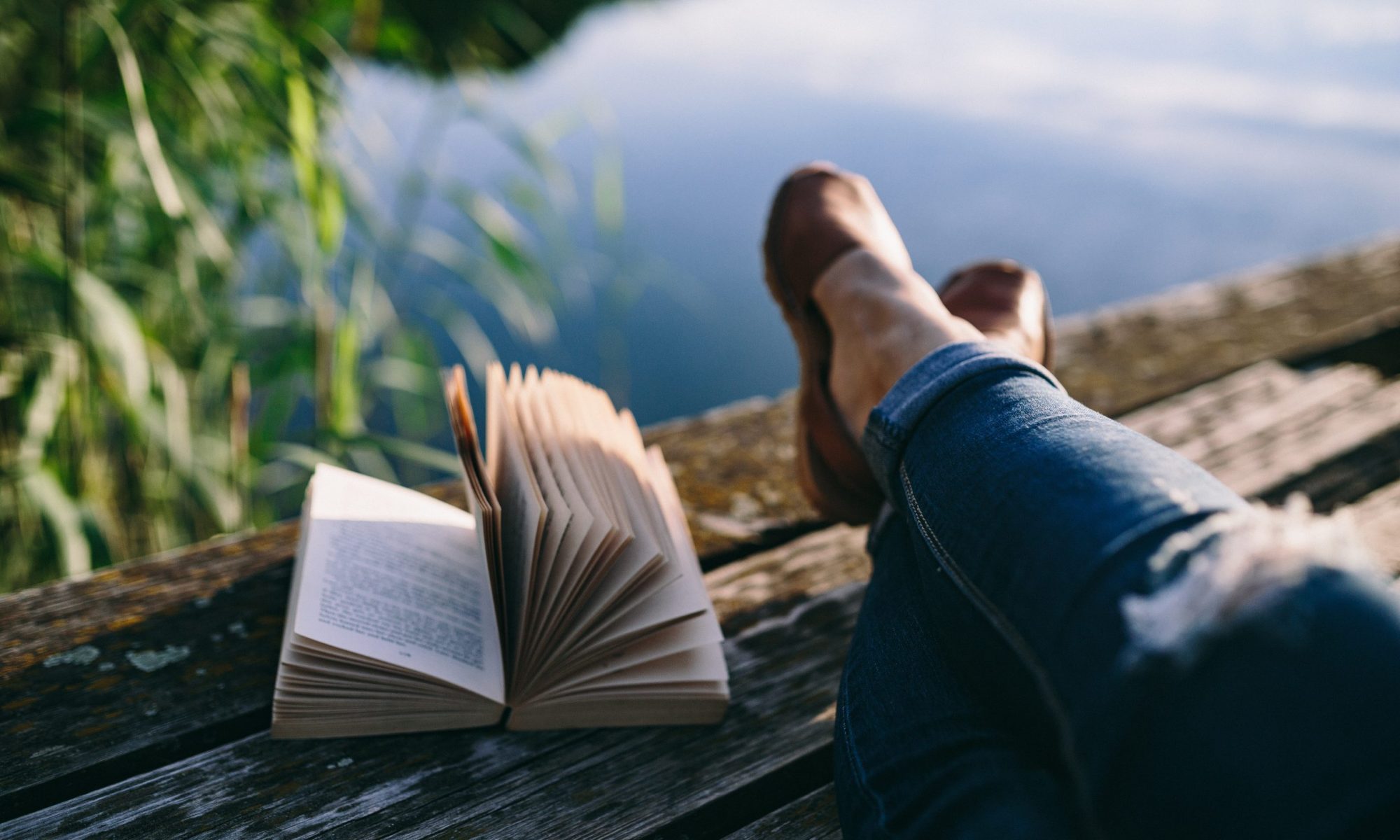

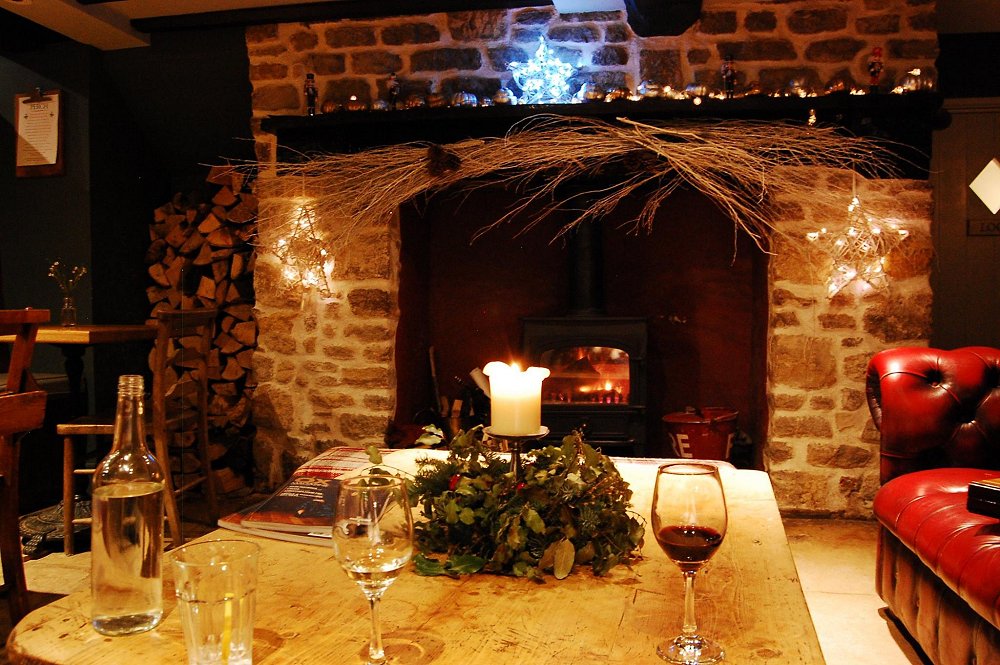
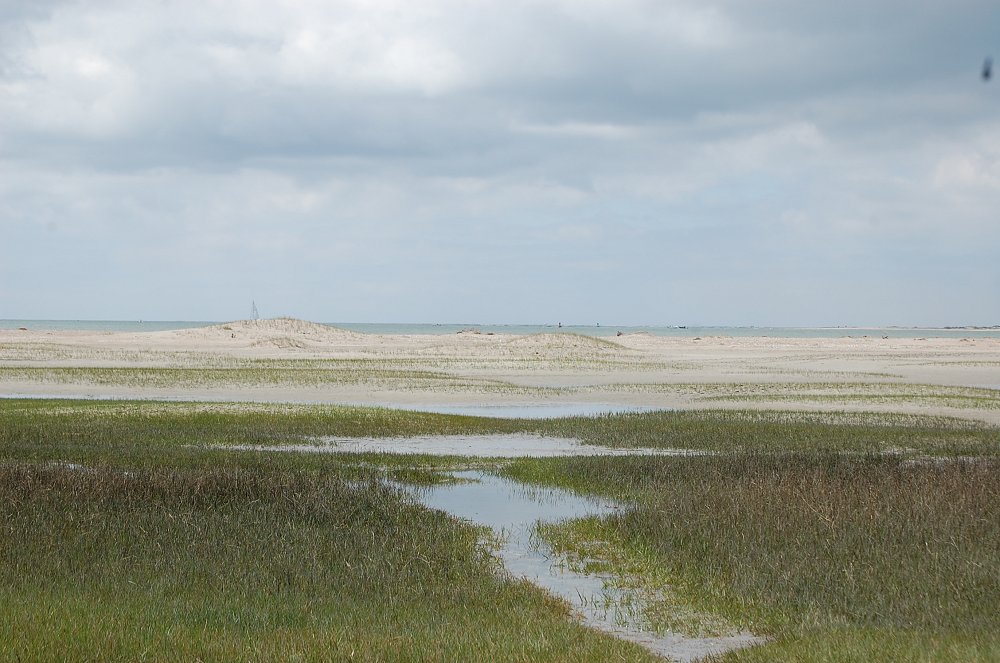
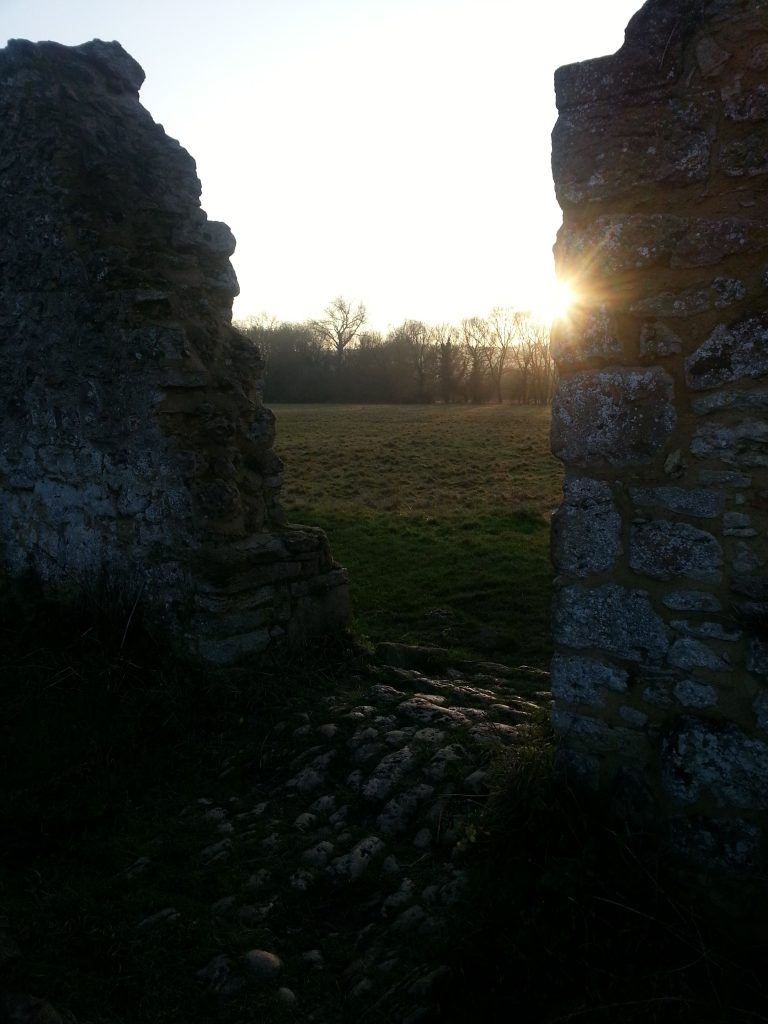
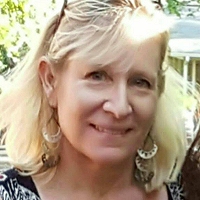 Sheryl Cornett teaches at North Carolina State University, where she is the 2014-2017 University Honors Program Author Scholar-in-Residence. Her recent poems, stories, criticism, and creative non-fiction appear in Art House America, Southern Women’s Review, North Carolina Literary Review, Image, Pembroke Magazine, Mars Hill Review, and The Independent Weekly among other journals and magazines; and in anthologies such as In a Fine Frenzy: Poets Respond to Shakespeare, The Global Jane Austen, and Christmas Stories from the South’s Best Writers. Visit her at
Sheryl Cornett teaches at North Carolina State University, where she is the 2014-2017 University Honors Program Author Scholar-in-Residence. Her recent poems, stories, criticism, and creative non-fiction appear in Art House America, Southern Women’s Review, North Carolina Literary Review, Image, Pembroke Magazine, Mars Hill Review, and The Independent Weekly among other journals and magazines; and in anthologies such as In a Fine Frenzy: Poets Respond to Shakespeare, The Global Jane Austen, and Christmas Stories from the South’s Best Writers. Visit her at 

 up at my side, I take up my book and read. Thus lulled from my anxious thoughts, warmed through and through with hot beverages and comforting heat wraps, many times I will drift off for another hour or two of sleep.
up at my side, I take up my book and read. Thus lulled from my anxious thoughts, warmed through and through with hot beverages and comforting heat wraps, many times I will drift off for another hour or two of sleep.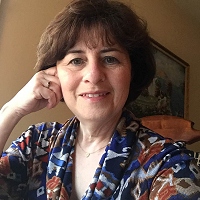 Becca Rowan lives in Northville, Michigan with her husband and their two dogs. She is the author of
Becca Rowan lives in Northville, Michigan with her husband and their two dogs. She is the author of 


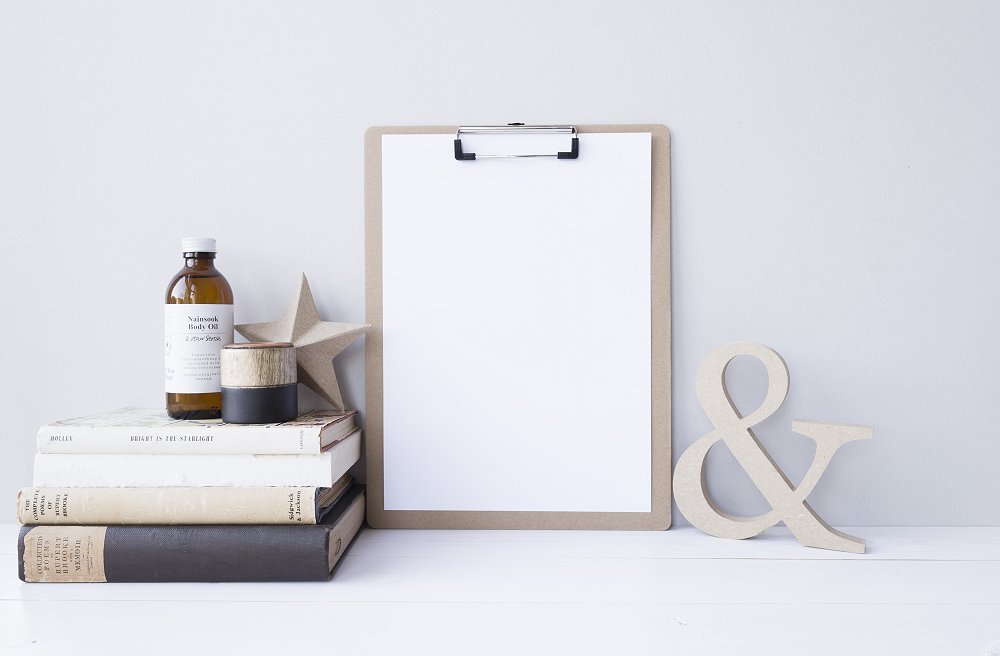

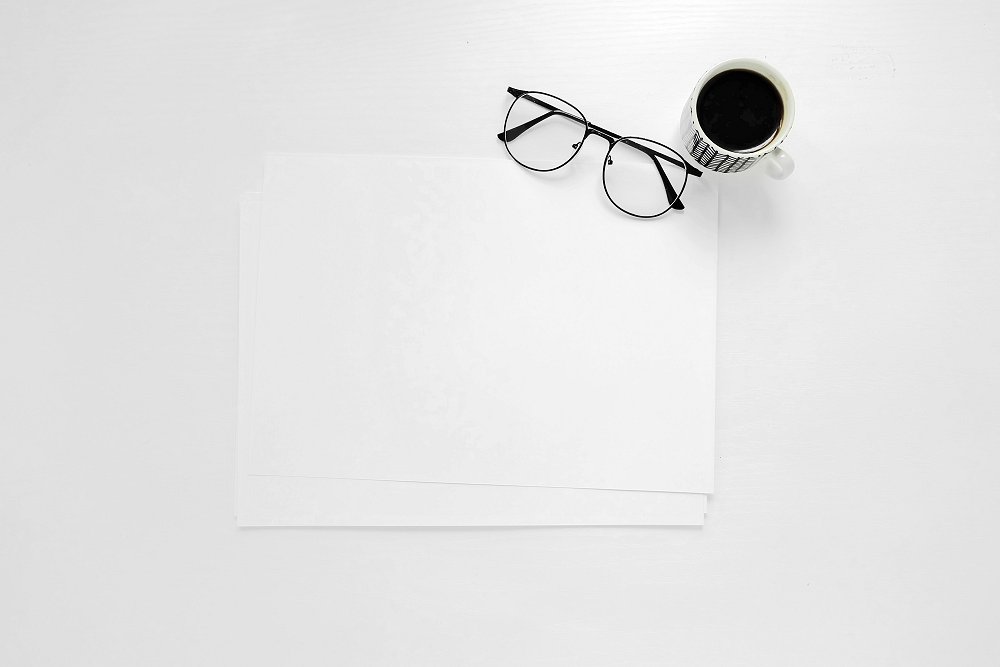
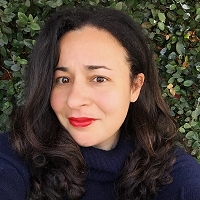 Felicia C. Sullivan is the award-winning author of the critically acclaimed memoir The Sky Isn’t Visible from Here (Algonquin/Harper Perennial) and the founder of the now-defunct but highly regarded literary journal Small Spiral Notebook. She maintains the popular lifestyle blog
Felicia C. Sullivan is the award-winning author of the critically acclaimed memoir The Sky Isn’t Visible from Here (Algonquin/Harper Perennial) and the founder of the now-defunct but highly regarded literary journal Small Spiral Notebook. She maintains the popular lifestyle blog